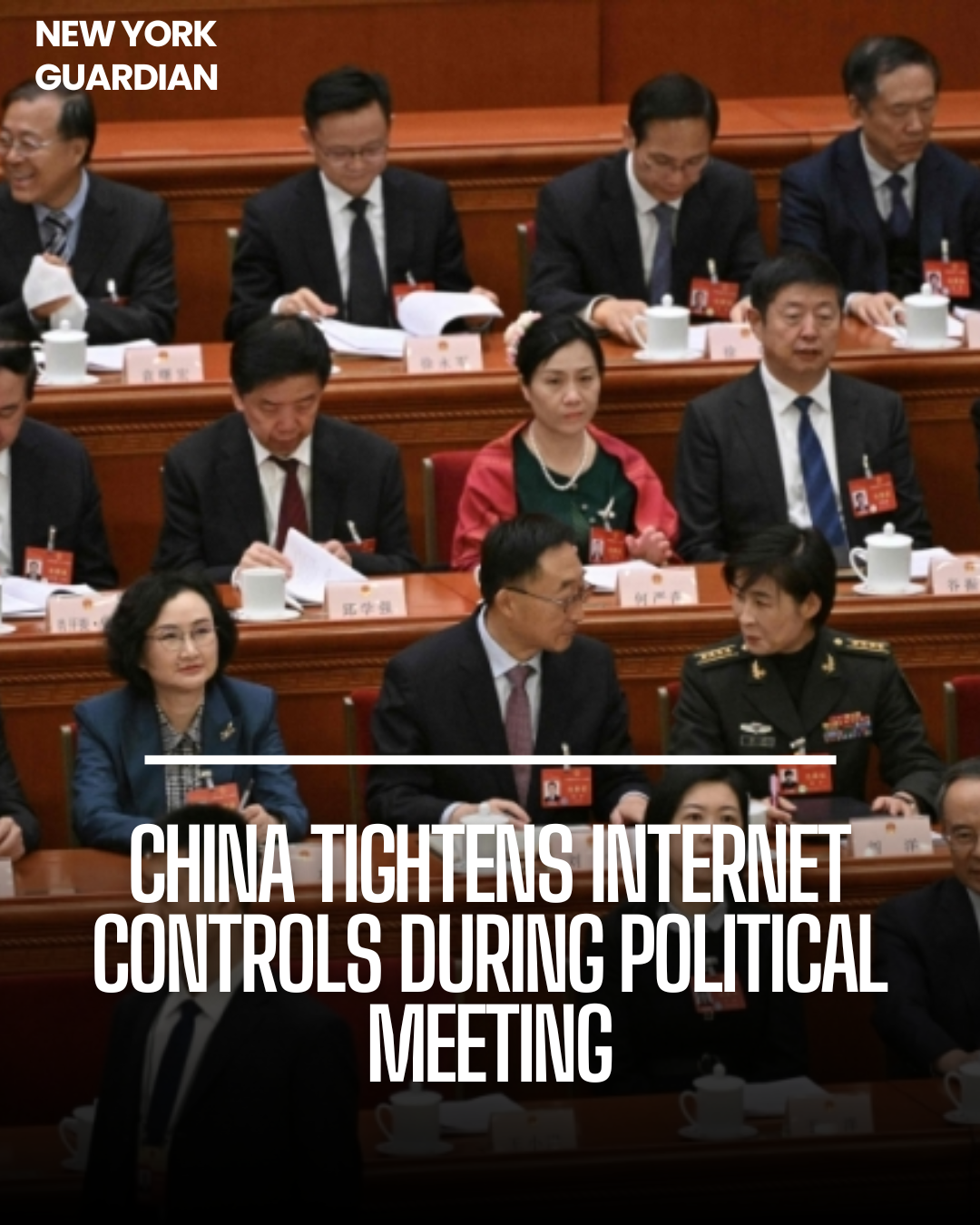As Beijing hosts a crucial political gathering this week, reports emerge of heightened efforts to block software allowing users to bypass China’s extensive internet censorship.
Extensive Internet Censorship in China:
China boasts one of the world’s most pervasive internet censorship regimes, restricting access to platforms like Google and news websites for mainland users without a Virtual Private Network (VPN).
During the annual “Two Sessions” meeting, VPN services faced increased difficulties in circumventing censorship, with frequent outages reported compared to previous politically sensitive periods.
A representative from Astrill, a leading VPN provider popular among foreigners in China, acknowledged the heightened censorship during political events. They reported issues with VPN protocols and efforts to restore normal service.
Legal Restrictions and State Media Access:
VPNs without government authorization are illegal in China, except for state media workers and diplomats who can access restricted sites like X (formerly Twitter).
Security measures intensified across Beijing during the Two Sessions, with increased patrols, sniffer dogs, and volunteers monitoring for suspicious activities.
Social Media Censorship:
Chinese social media platform Weibo swiftly censored discussions on sensitive topics, including the country’s premier’s cancellation of a traditional press conference and economic concerns.
State Control and Censorship:
China’s state-controlled media and strict social media censorship aim to suppress negative narratives and critical coverage.
Regulators have cautioned against foreign news reports about China, emphasizing the importance of state oversight in cyberspace governance, as highlighted by President Xi Jinping’s speech last year.





















